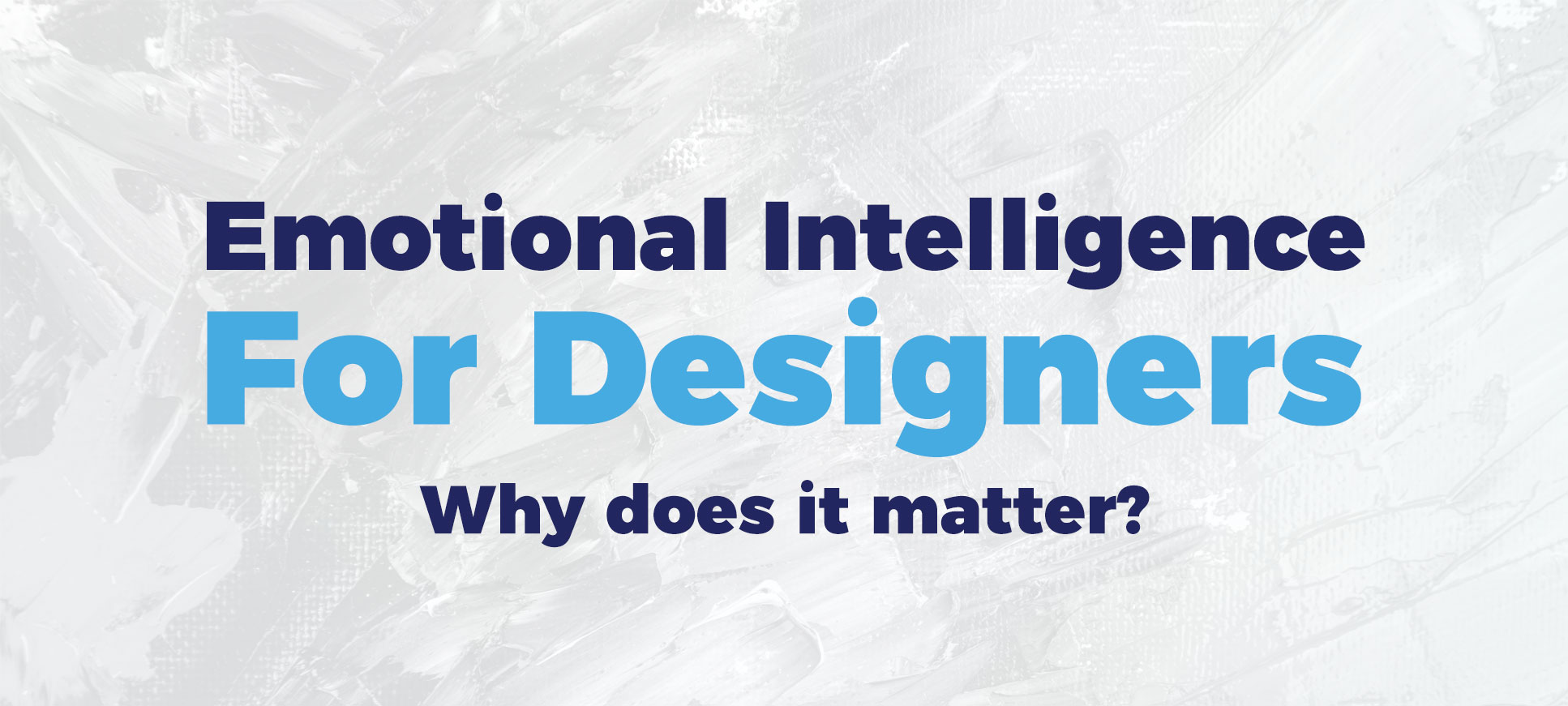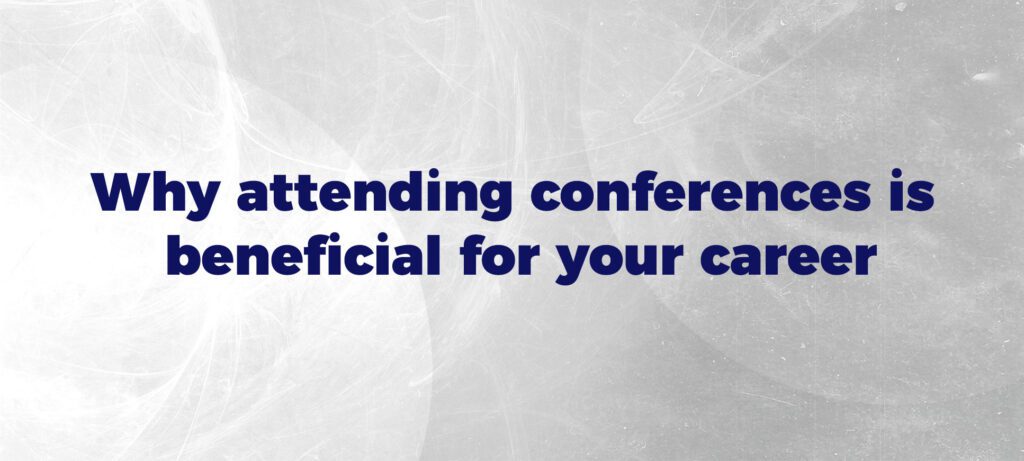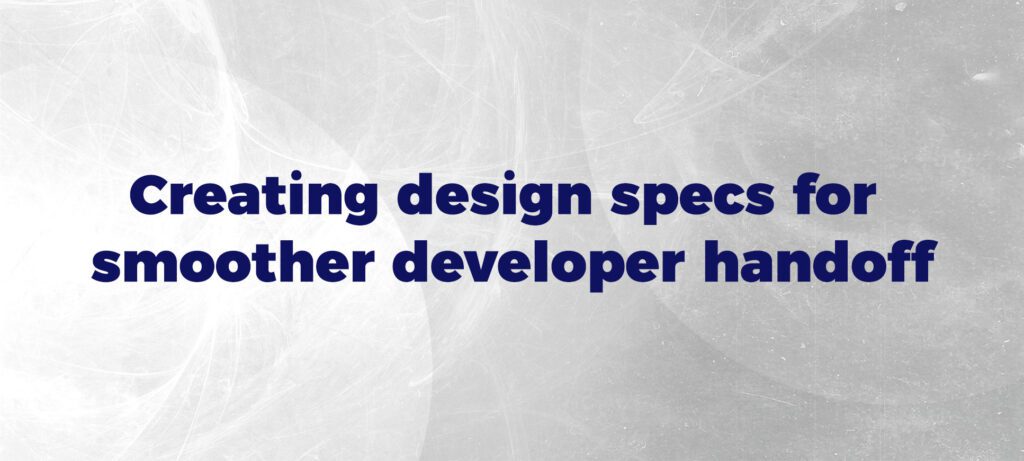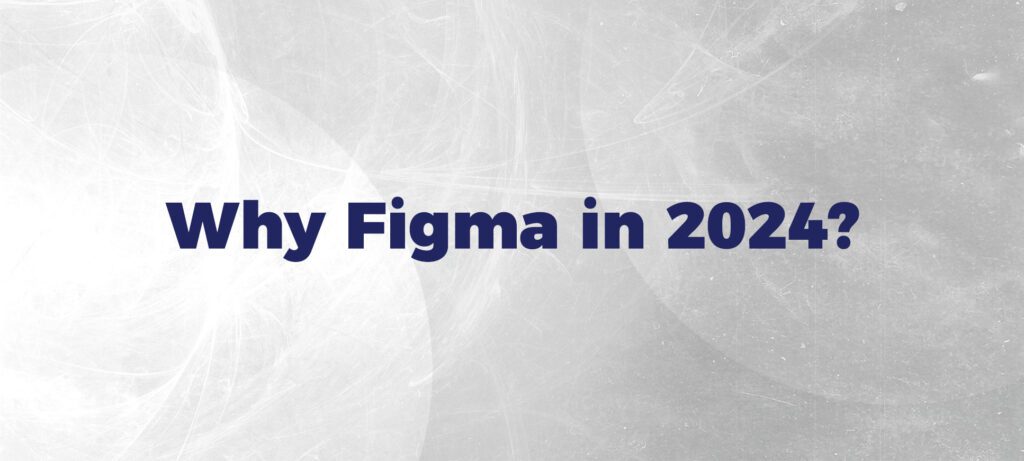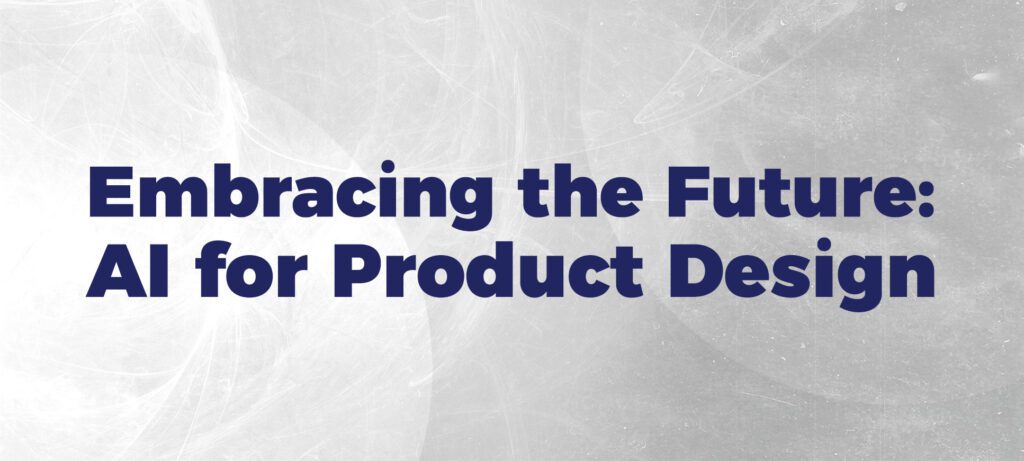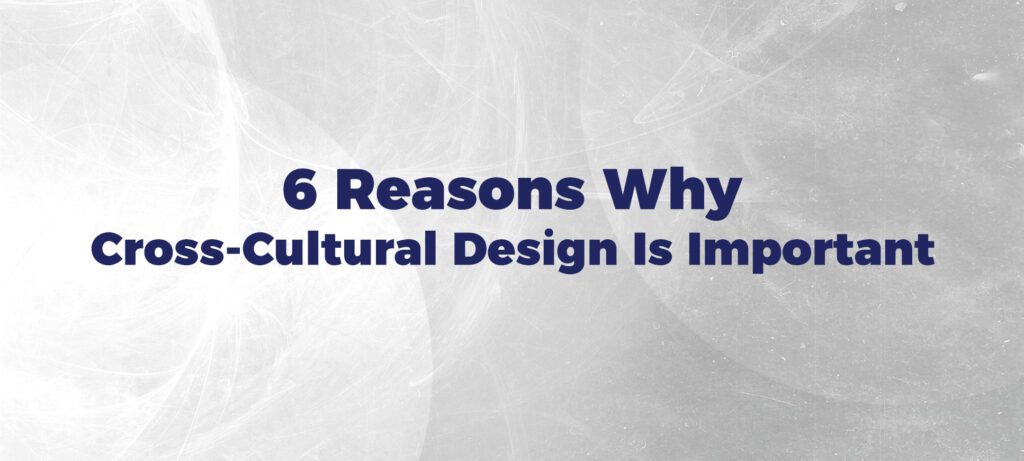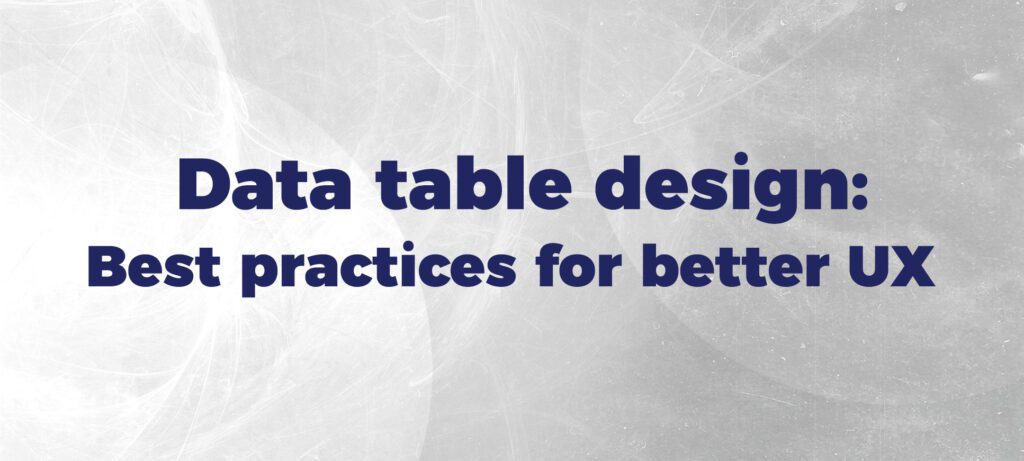Daniel Goleman a PHD from Harvard and reported for twelve years for the New York Times, twice nominated for the Pullizer Prize, and best seller book author, says emotional intelligence matters more than IQ.
According to him, it plays a major role in thought, decision-making and success.
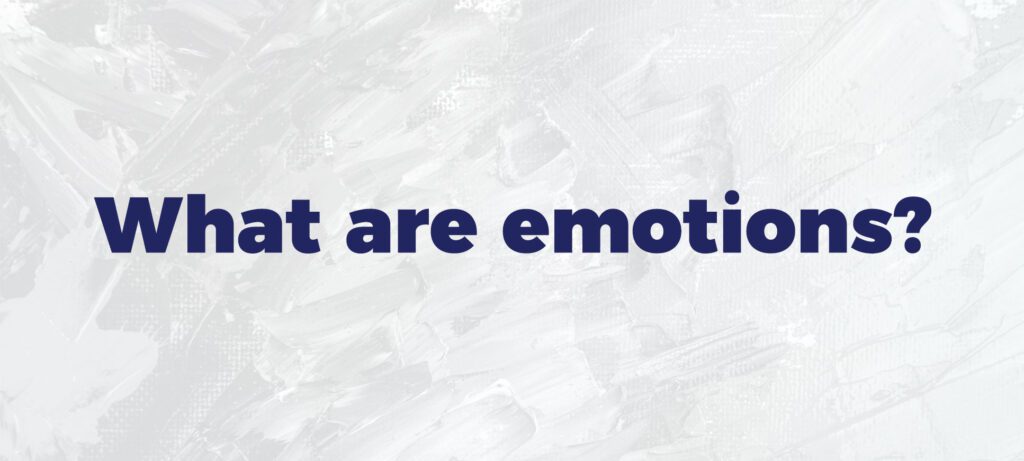
What are emotions?
Following Goleman’s writings, “Emotion is a term whose psychologists and philosophers have quibbled over more than a century. In its most literal sense, the Oxford English Dictionary, defines emotion as any agitation or disturbance of mind, feeling passion any vehement or excited mental state.”
“I take emotion to refer to a feeling and its distinctive thoughts, psychological and biological states and range of propensities to act.”
That is his definition, but this blog is not about psychology, if you want to go deeper into it, I strongly recommend you to read his book called “Emotional Intelligence.”
Goleman defines emotion as a “feeling and distinctive thoughts, psychological and biological states and a rage of propensities to act.”
This blog is not about Psychology but if you want to go deeper into it, I strongly recommend you to read his book called “Emotional Intelligence”.
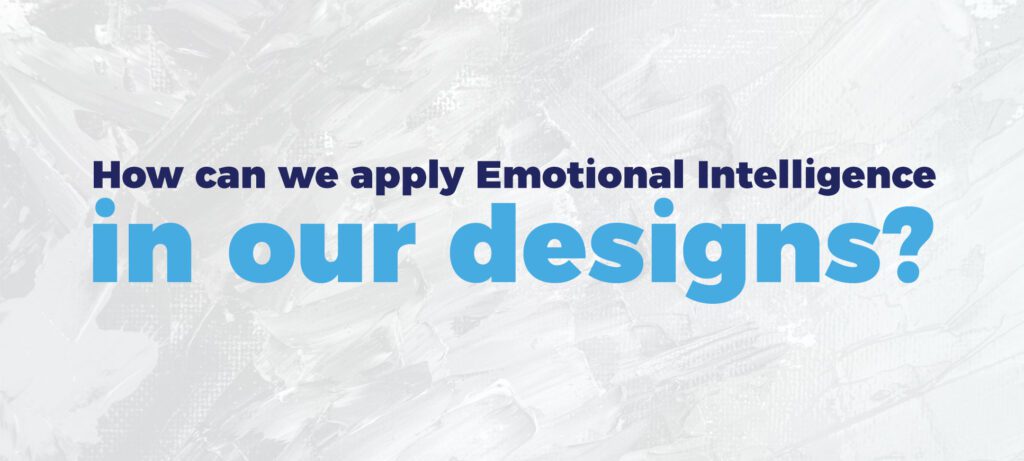
How can we apply Emotional Intelligence into our designs?
In order to know what the user’s needs are and what we can do to solve their problems, we need to put ourselves in the user’s shoes. After all, you are relating to human beings and not only to the screen in front of you.
As designers, we must sort problems through our work, however, for that we should be good listeners and respond positively to criticism.
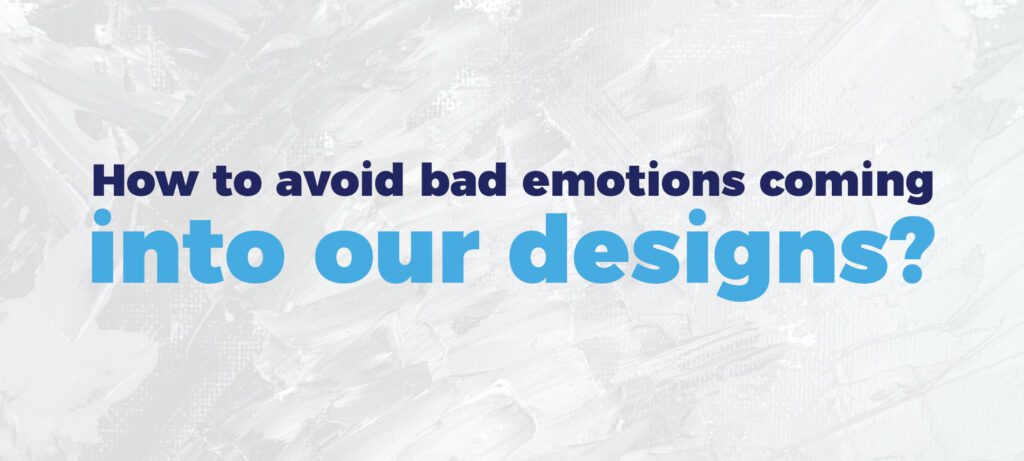
Everybody has a bad day or just isn’t in the mood to produce something, but the clock is still ticking and deadlines are getting closer and closer.
How to sort it?
Probably your brain is asking you for a break! So go for a walk, a coffee, watch or read something that is not related to what you are working on, or even take a short nap. Sitting in front of the computer doing nothing productive is stressful, plus the result will certainly be terrible.
At the end of the day, it is about self-care, self-awareness and knowing yourself well enough to identify and recognize when it is time to cease.
Designers never work independently, always we will have someone to work with, and mostly all the time those people have no clue about our creative processes, however, our job is to communicate with the users and for that, we have to communicate properly with colleagues and clients as well.
Consequently, we have all the necessary skills to interpret users’ feelings, and from time to time we need to stand up and have the final word which means being a decision-maker.
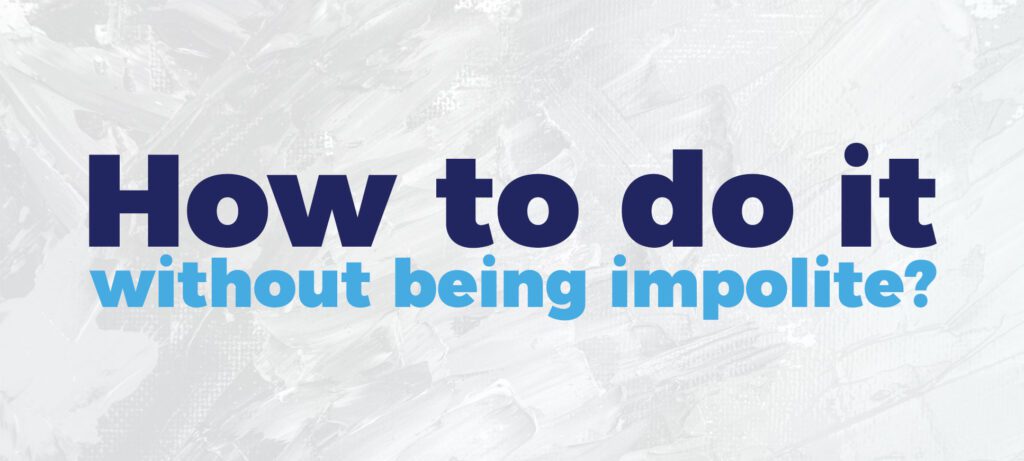
How to do it without being impolite?
When it comes to business just one thing matters after all; numbers.
Have you ever watched Shark Tank? Did you see what kind of entrepreneur got investments?
The ones who consistently “break” the shark’s arguments with numbers.
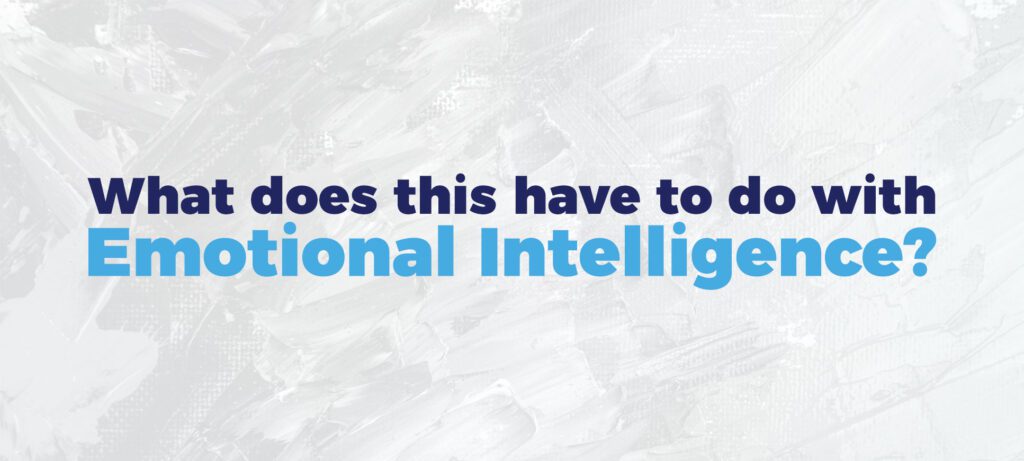
What does it have to be with Emotional Intelligence?
Normally designers hate numbers, although being a decision-maker means properly dealing with unpleasant tasks sometimes, if you have the numbers on your side, you are showing good decision-maker skills and that your ideas are exceptional investments.
Coming to an end, to exercise emotional intelligence into our daily designer life, we have to put other people’s shoes. As we understand how our mind and body work, we become able to identify red flags and avoid health problems. Also, this exercise helps us to have a better understanding of user behaviour. In addition, comprehend what the market is saying about our projects through numbers to enrich our decisions.
Emotional intelligence is crucial to better accept ourselves, the others we work with, and the market, but of course, those skills are applicable in our personal lives as well, in the end of the day work is not everything.
Do you agree with it? Does Emotional Intelligence matter to you?
Tell us in the comments.
Wrote by: Rafael de Rezende Basso
Revised by: Danielle Pitanga Thomaz

